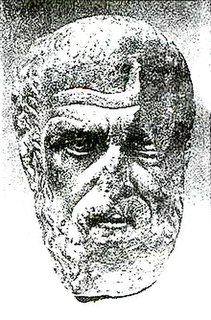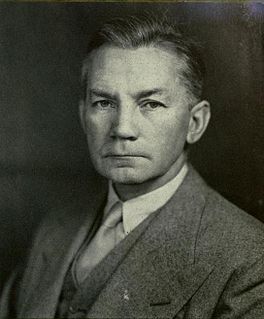A Quote by Erich Fromm
The danger of the past was that men became slaves. The danger of the future is that man may become robots.
Related Quotes
The danger of the past was that men became slaves. The danger of the future is that men may become robots. True enough, robots do not rebel. But given man's nature, robots cannot live and remain sane, they become ''Golems',' they will destroy their world and themselves because they cannot stand any longer the boredom of a meaningless life.
In a world full of danger, to be a potentially seeable object is to be constantly exposed to danger. Self-consciousness, then, may be the apprehensive awareness of oneself as potentially exposed to danger by the simple fact of being visible to others. The obvious defence against such a danger is to make oneself invisible in one way or another.
We are living in a world of fear. The life of man today is corroded and made bitter by fear. Fear of the future, fear of the hydrogen bomb, fear of ideologies. Perhaps this fear is a greater danger than the danger itself, because it is fear which drives men to act foolishly, to act thoughtlessly, to act dangerously...
One can make this generalization about men: they are ungrateful, fickle, liars, and deceivers, they shun danger and are greedy for profit; while you treat them well, they are yours. They would shed their blood for you, risk their property, their lives, their children, so long, as I said above, as danger is remote; but when you are in danger they turn against you.
At the approach of danger two voices speak with equal force in the heart of man: one very reasonably tells the man to consider the nature of the danger and the means of avoiding it and the other, even more reasonable, says that it is too painful and harassing to think of the danger... better to turn aside from the painful subject till it has come, and to think of what is pleasant. In solitude a man generally yields to the first voice; in society to the second.



































